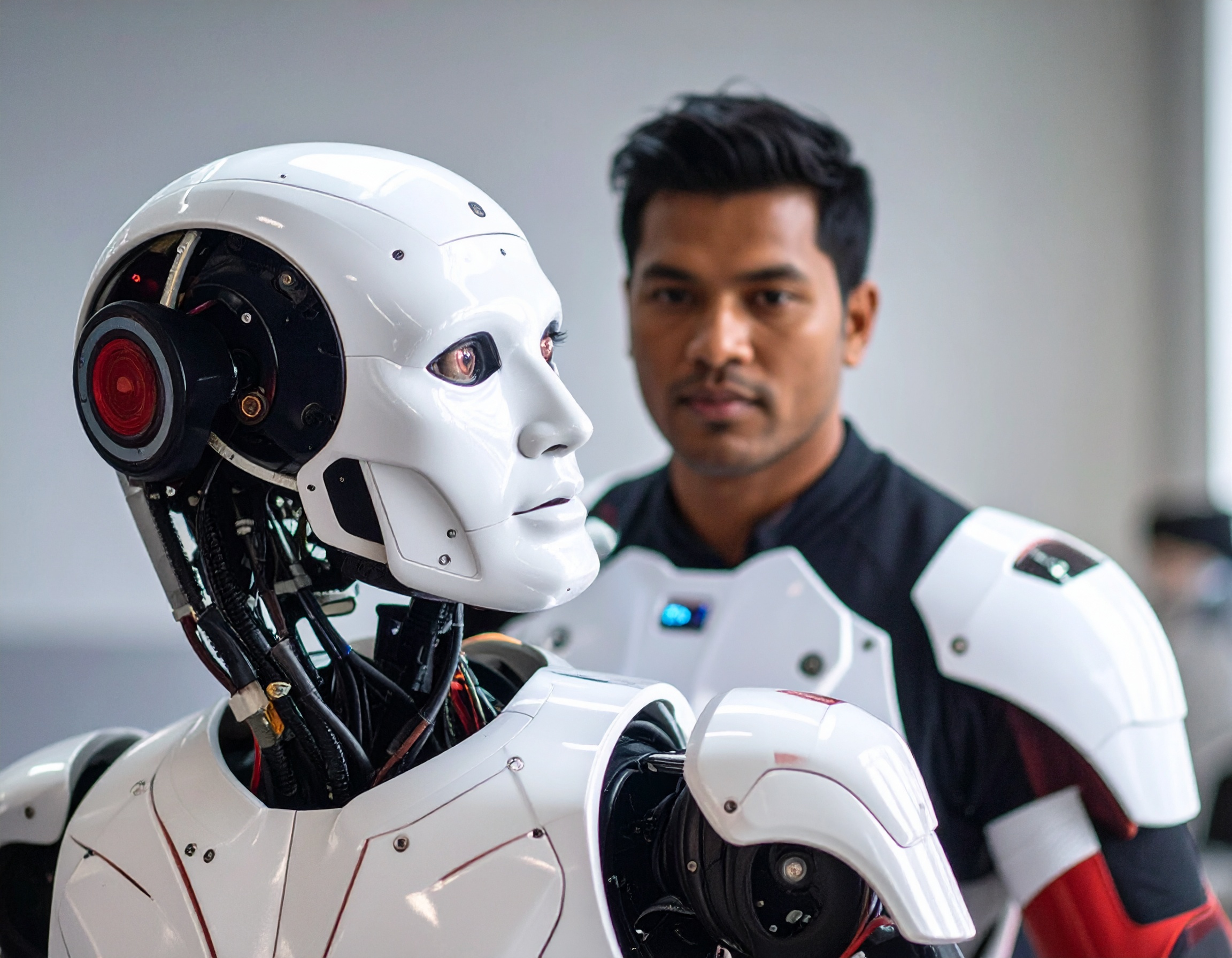Taipei’s AI “Employee” Under Fire: Chinese-Made Robot Dog Sparks Security Alarm

Introducing the Controversy
In late August 2025, Taipei’s deputy mayor unveiled a new AI Employee, a robotic “dog” designed for sidewalk inspections, billed as a smart, efficient Voice AI Agent-free patrol unit that could generate 360-degree imagery and auto-report infrastructure issues . However, on August 28, 2025, controversy erupted when it emerged that the robot’s body was manufactured by Unitree, a Chinese robotics firm linked to dual-use military technologies and with leadership ties to President Xi Jinping .
Security Risks and Political Backlash
An opposition councillor, Chien Shu-pei, called the deployment a breach of national security, likening the device to a “Chinese Trojan horse” quietly entering daily civic life . Experts—including military commentator Wang Cheng-ming—warned that even seemingly mundane mapping data could potentially aid China in urban warfare planning, given its fine-grained intelligence value . Online sentiment mirrored these fears: one commenter warned Taipei authorities had “zero awareness on information security,” while another asked if the city was “paving a way for the PLA to conduct urban warfare here” .

Government Response and Delays
In response, Taipei’s New Works Division clarified that only one unit was procured—for testing purposes only, through a subcontractor. Importantly, the panoramic camera system was developed in Taiwan by Supratech . And as of August 28, the Taipei City government confirmed it would not deploy the robot until the contractor obtained central government approval and third-party cybersecurity certification . Deputy Digital Minister Lin Yi-jing also underscored the need for ministry clearance before any Chinese-brand tech is used in government agencies .
Why It Matters
This incident underscores the delicate balancing act between leveraging Non-Human Workers—like Voice AI Agents or robotic assistants—for civic innovation and safeguarding national security. As AI Employees become increasingly common in urban services, ensuring their supply chains and data paths are free from external influence is vital. In Taiwan’s case, the episode has highlighted the necessity of rigorous vetting, reliance on domestic technology, and awareness of how even benign-seeming tools can be exploited for espionage or conflict.
Key Highlights:
- When: Late August 2025 (controversy peaked on August 28, 2025).
- What happened: Taipei tested a Chinese-made patrol robot dog with a locally sourced camera system.
- Why a concern: Manufacturer Unitree is linked to Chinese military; expert warnings of mapping data misuse.
- Reaction: Opposition framed it as a “Trojan horse”; public and experts raised alarms.
- Official response:
- Only one trial unit was procured.
- Camera systems are Taiwan-built.
- Deployment is delayed pending governmental approval and cybersecurity checks.
- Ministries must authorize use of Chinese tech products.
Reference:


